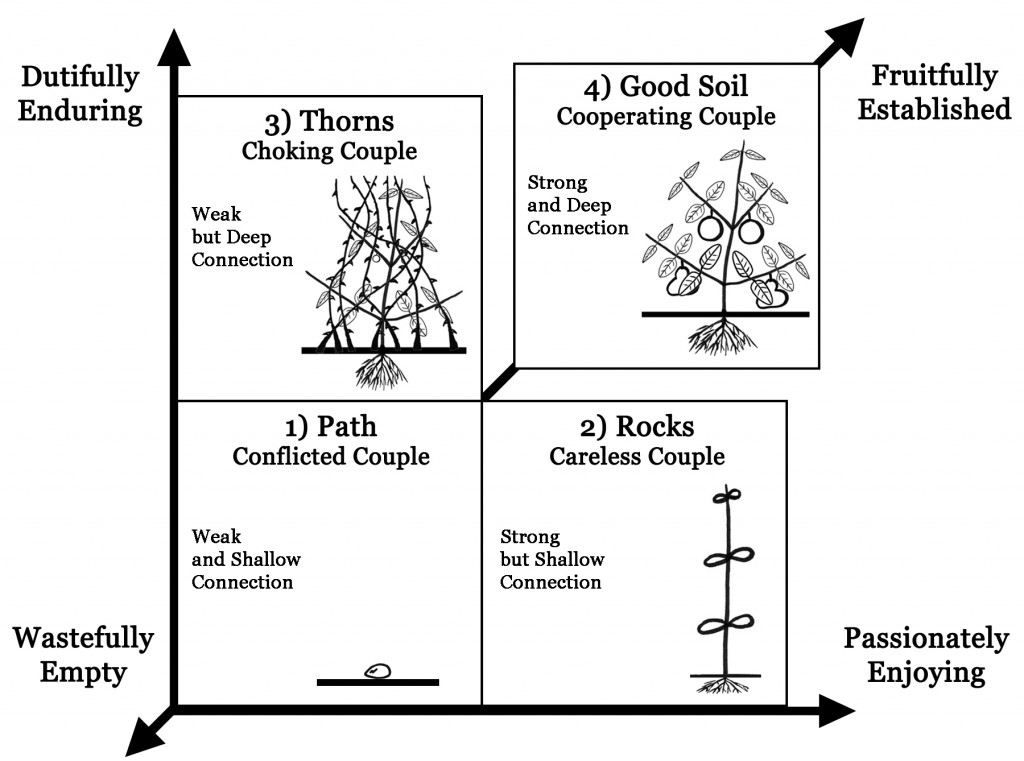Reading time: 3 minutes
God’s Actions Count More
No matter what happens to us apart from God, God’s actions always count more. Why is this such an important truth?
To be Human is to be Vulnerable
Our actions affect others to the degree they are vulnerable. God made us able to be vulnerable, but he also gave us the ability to put up walls to keep others out. Even so, there are limits to this defensive ability. We can find ourselves easily hurt if we encounter an unsafe person. We can be “caught with our guard down.” This is exactly what happens to children. Children are naturally more vulnerable – and most of the time that’s a good thing. When we are vulnerable, we are open to learning – learning through relationship and learning information.
To be Human is to be Capable of Abuse
Abuse is when someone more aware and more powerful uses their position to take advantage of those who are less aware and less powerful. When the misuse of power is much greater than the victim’s ability to manage it, the victim’s automatic defenses kick in. Automatic defenses are heavy duty, but their use comes with a cost. Dissociation is the main defense. Dissociation allows the victim to survive horrendous abuse. The cost is the victim loses a part of their self when the walls come up.
Recovering What Was Lost
It can take a long time in a safe, controlled environment to recover from abuse. One of the first steps to recovery is regaining the lost ability to trust. Without trust it is hard to be vulnerable. Without being vulnerable, it is hard to recover. This is what makes recovery so difficult. Usually a person will trust a little again. Then so long as the trust is not further abused, progress is made little by little. This is possible in extreme cases too, but the process takes a lot longer.
The Bad News – Abuse Happens All the Time
So far I’ve been discussing abuse while focusing on person to person interaction. But our battle is not against flesh and blood. It is against evil powers and principalities. The bad news is abuse happens all the time because no one is perfect and evil is real. Anyone on earth can end up in a position of power over others. When we sin (go against what God wants) we give the devil permission to harass us, until we once again realign ourselves under God’s authority.
The Good News – God is On Our Side
The good news is God is good. Whenever we are vulnerable and we encounter God, we are changed for the good. Whatever anyone else has done or said to us, can be washed away by whatever God says. God has infinite power and is infinitely good, so it will trump everything else. When we sense we have power, God wants us to be humble so we don’t hurt his children. However, when we hurt someone, there is forgiveness and God’s healing presence. Therefore, we are never without hope!
Reflections
- Are there any ways you have recently abused the power you have? Talk to God about it. Ask him to increase your awareness of how you use the authority he’s given to you.
- Are you currently in an abusive relationship? Do you lack the power to appropriately protect yourself? Are you feeling too weak or vulnerable? Find a trusted person – seek out help so you may be strengthened to remove yourself out of the abuse.
- Are you still hurting from past abuse? Even though you are no longer in any immediate danger, God wants to see you find healing.
Resources
Matthew 18:6
But if anyone causes one of these little ones who believe in me to sin, it would be better for him to have a large millstone hung around his neck and to be drowned in the depths of the sea.
Romans 8:31
… If God is for us, who can be against us?


